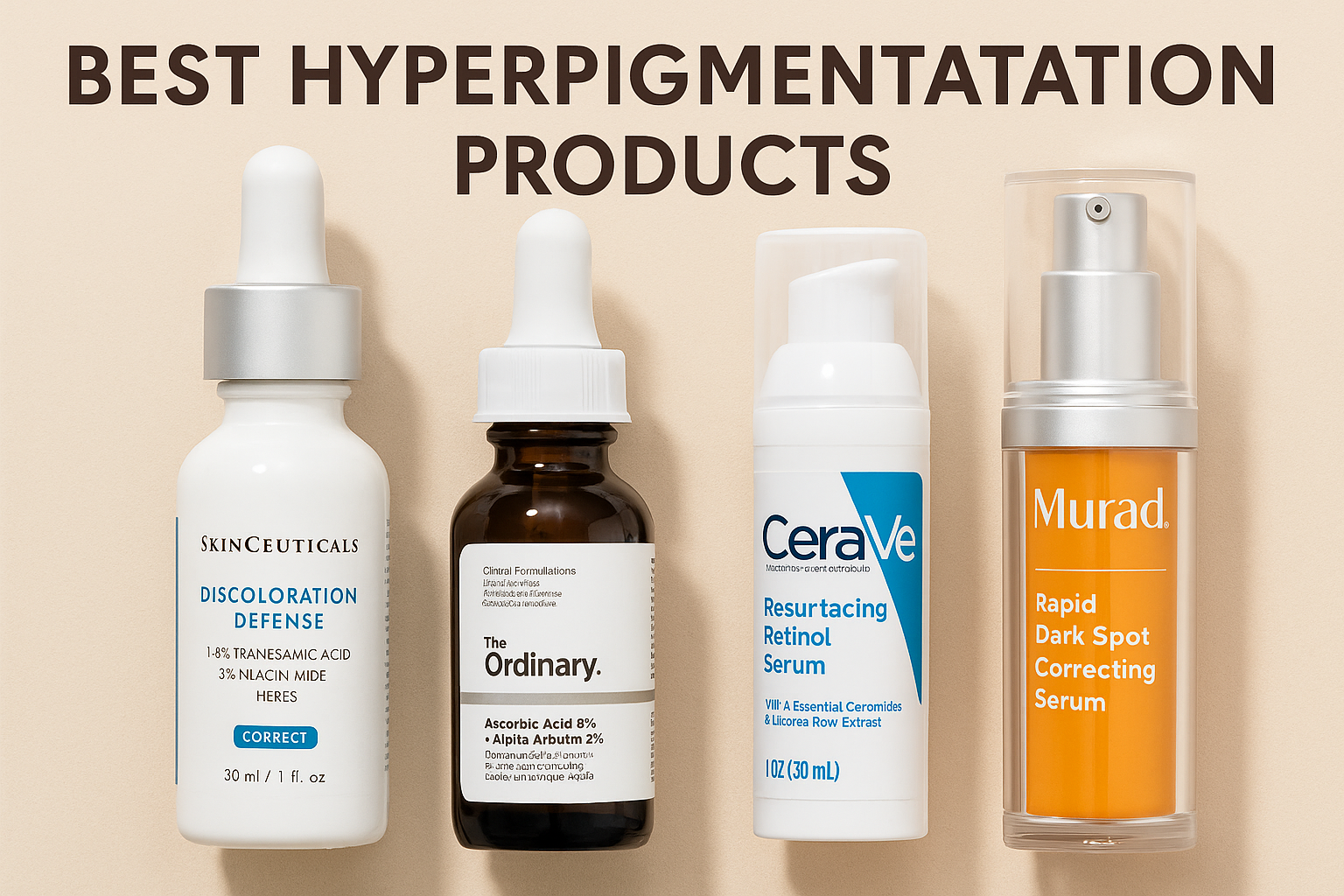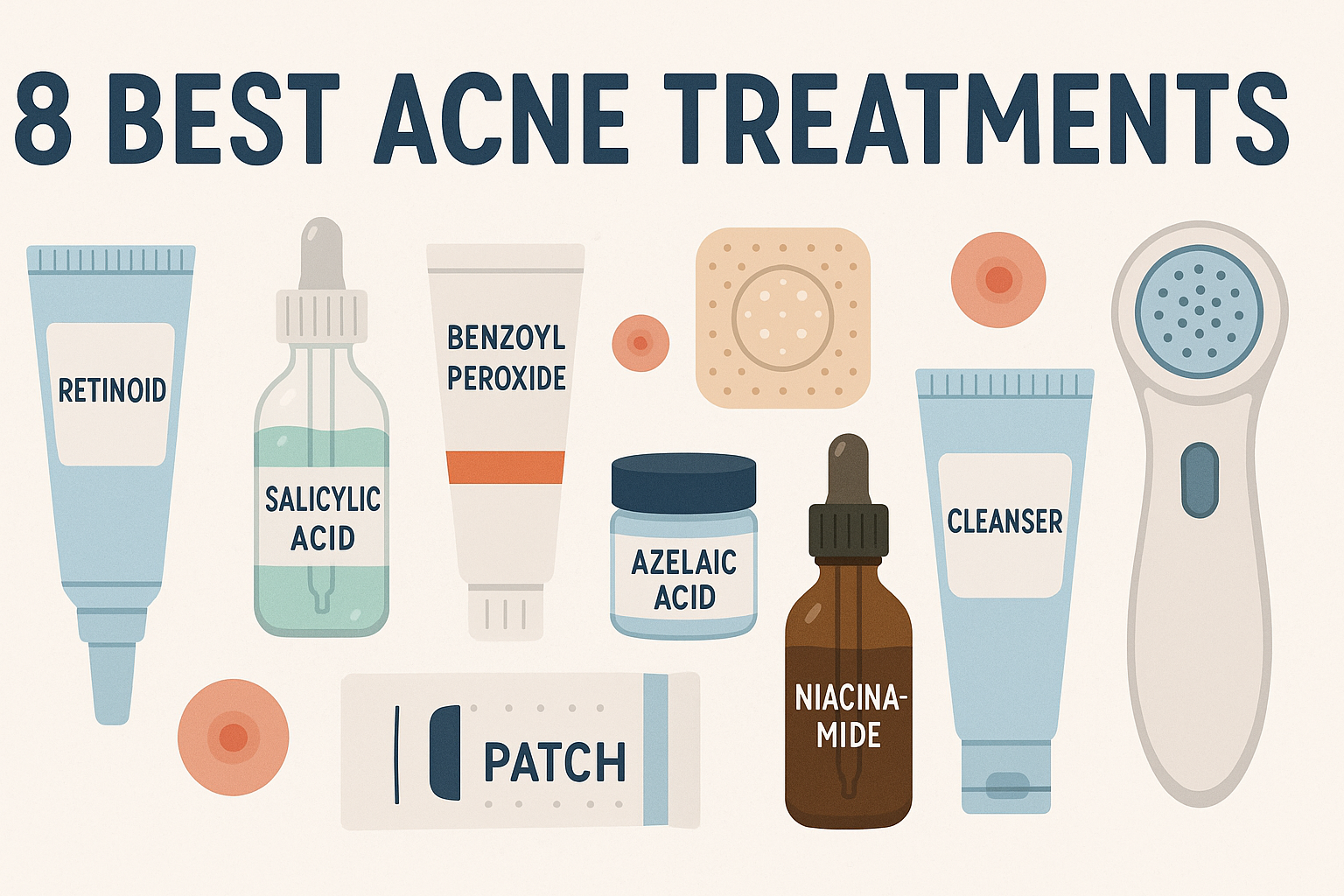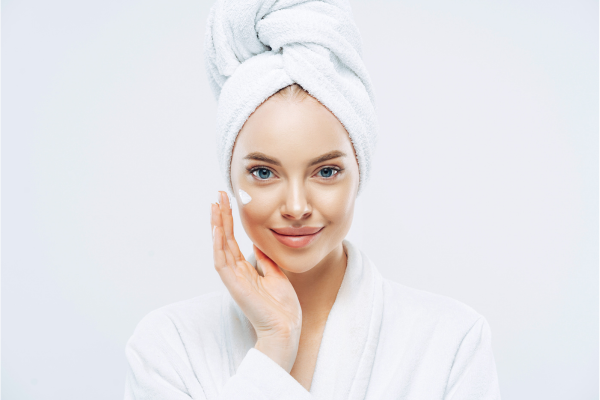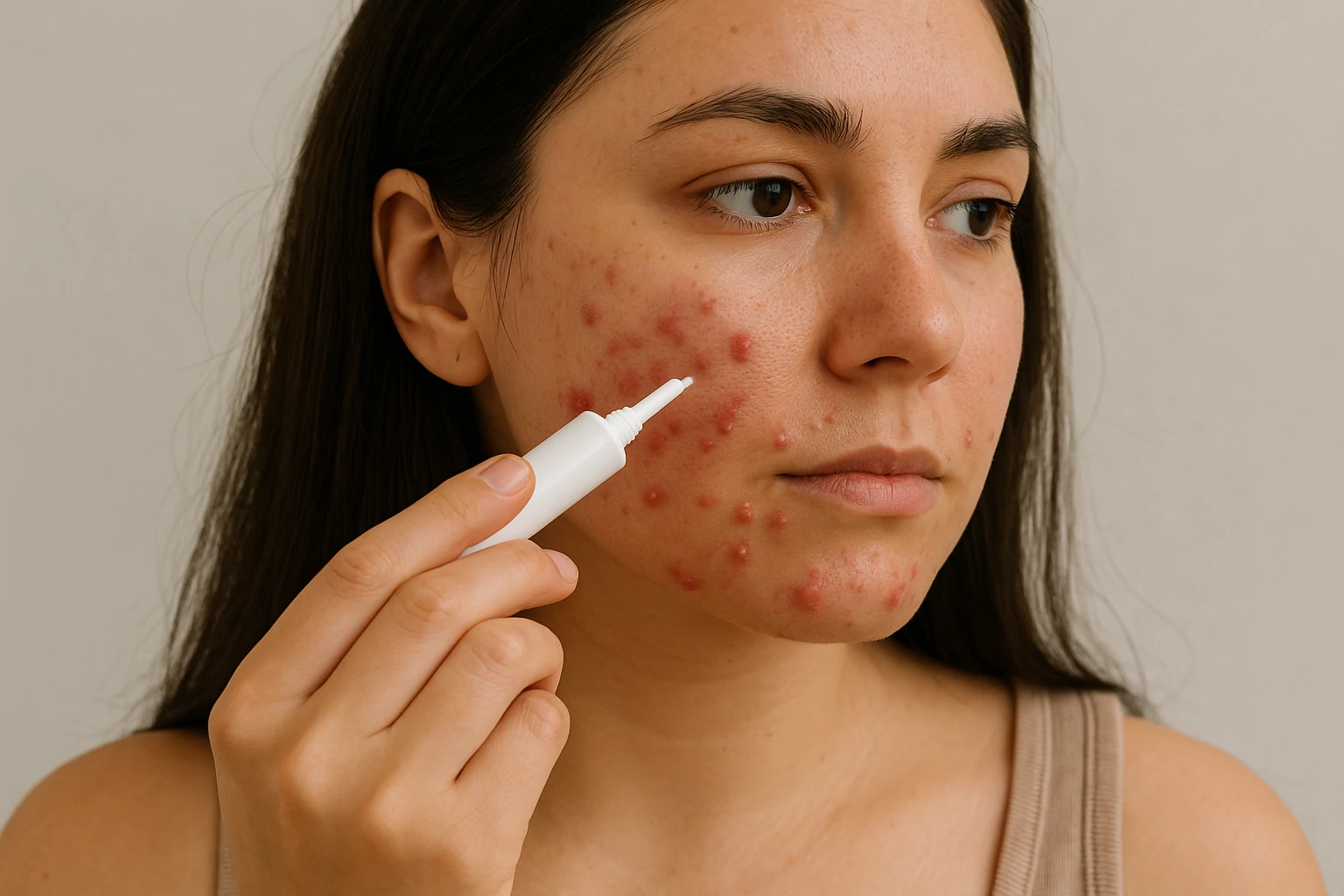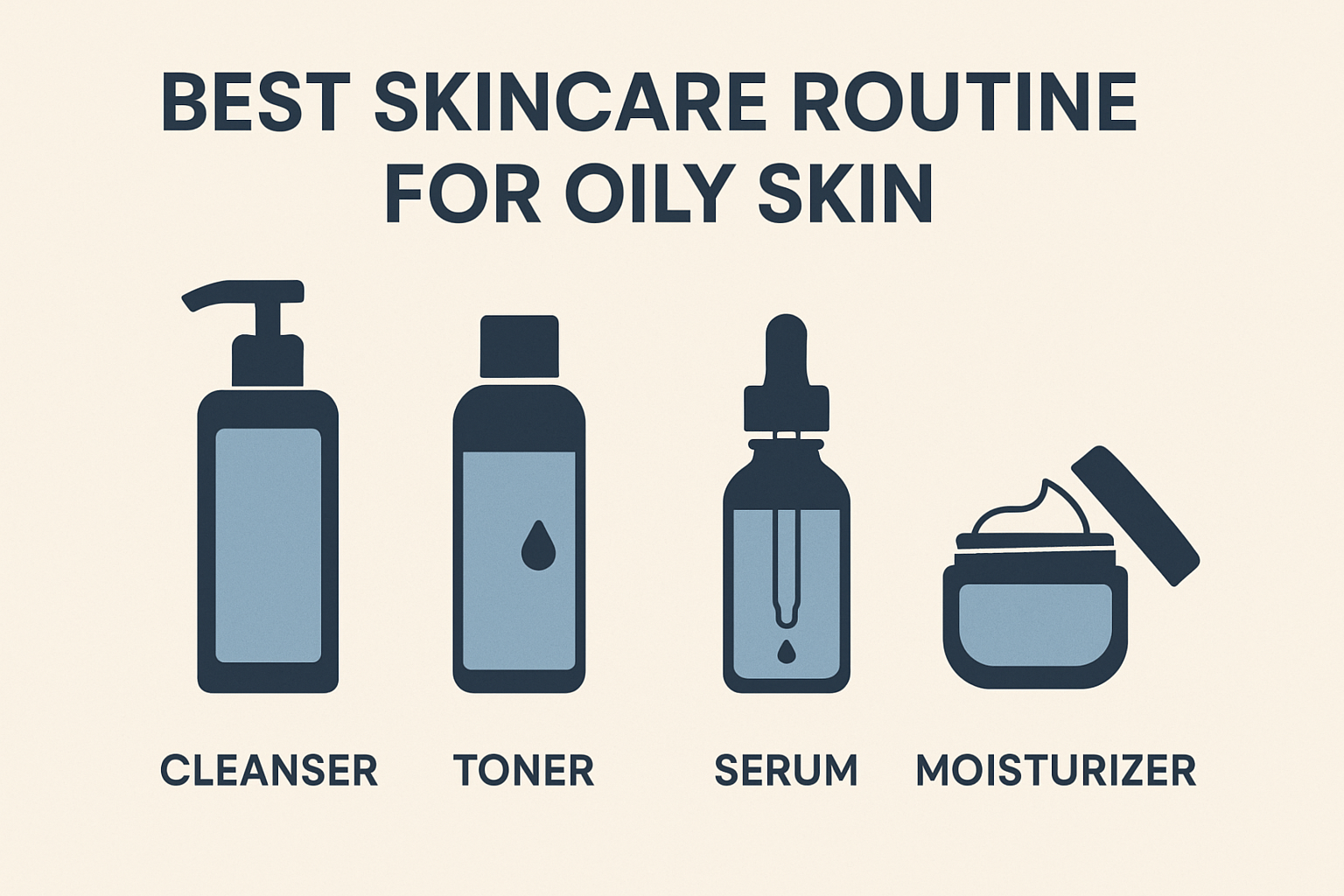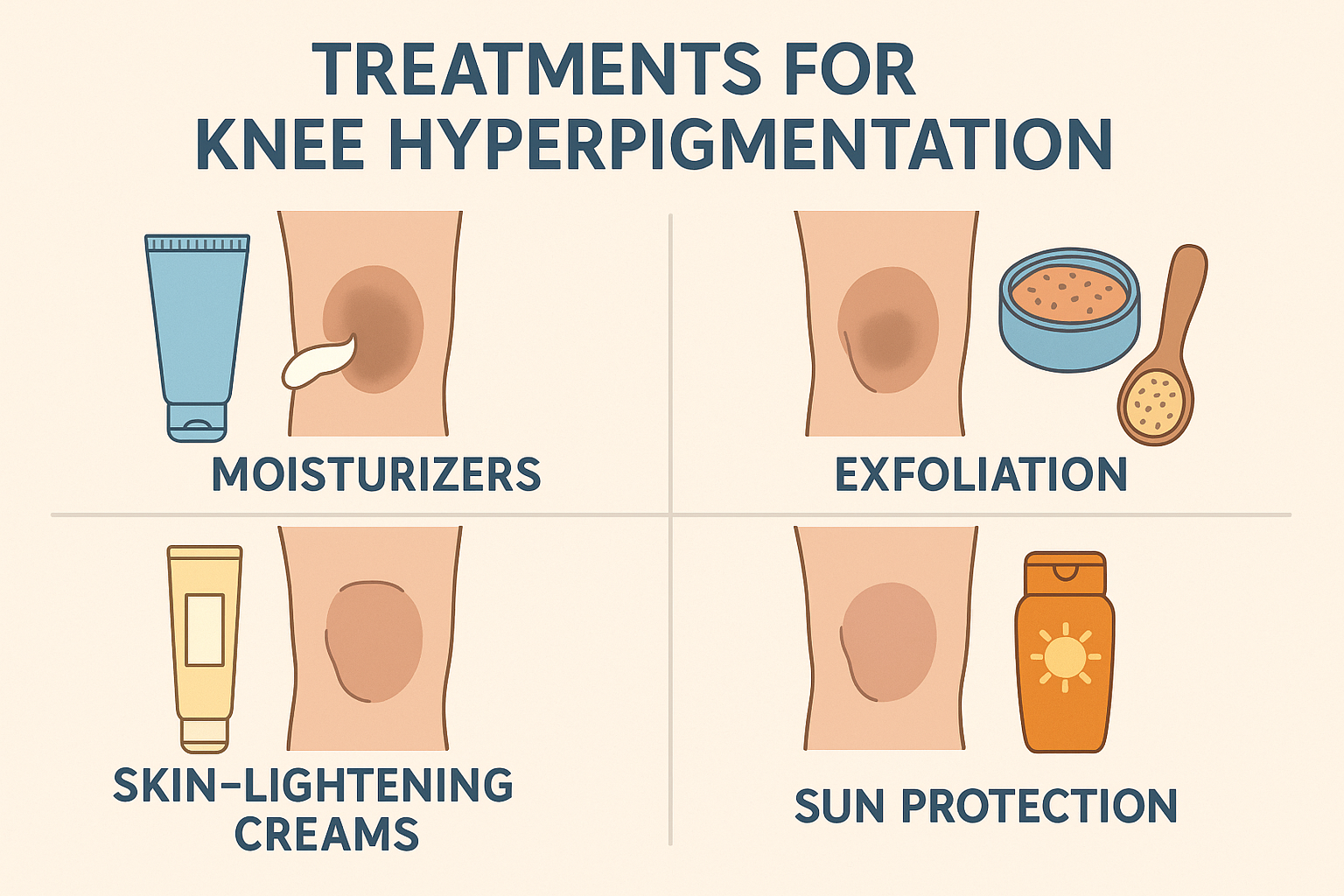Benzyl Alcohol in Skincare: Benefits, Risks & Expert Advice

As skincare awareness grows, so does the scrutiny around product ingredients—especially preservatives. Following rising concerns about parabens, many brands are now turning to benzyl alcohol as a safer-sounding alternative.
But is benzyl alcohol truly safe for your skin?
Dermatologists agree: preservatives like benzyl alcohol are essential. Without them, most skincare products would spoil in just days, potentially becoming breeding grounds for harmful bacteria. Benzyl alcohol plays a critical role in extending shelf life and preserving texture, color, and overall product integrity.
Still, caution is valid. Some people with sensitive skin may experience irritation, particularly if exposed to high concentrations. However, most experts consider it safe when used in regulated amounts—typically under 1%.
Instead of avoiding it entirely, take time to understand its function. Recognizing how it works can help you make smarter, more confident choices in your skincare routine.
What Is Benzyl Alcohol in Skincare?
Benzyl alcohol is a naturally occurring aromatic alcohol found in fruits like apricots and cranberries. In cosmetics, it appears as a clear liquid with a faintly sweet floral scent and is used in various personal care products.
Also known as benzene methanol or phenylcarbinol, this ingredient is multifunctional. It’s used in cleansers, moisturizers, toners, sunscreens, and even makeup. Its primary job? Acting as a preservative to prevent the growth of bacteria and mold in products over time.
According to cosmetic chemists, benzyl alcohol is often chosen as a gentler, more natural alternative to parabens. Since it can be plant-derived, brands often label products containing it as “naturally preserved”—a feature increasingly popular with ingredient-conscious consumers.
Despite its benefits, individuals with sensitive skin should still patch test products to ensure compatibility. Like any skincare ingredient, its effect depends on the formulation and your unique skin type.
Key Benefits of Benzyl Alcohol for Skin
While benzyl alcohol doesn’t directly hydrate or treat skin concerns, it plays a vital behind-the-scenes role. Experts highlight its value in maintaining product performance and safety, especially in formulations meant for daily use. Here’s how it benefits skincare:
- Preserves freshness
Its antimicrobial properties prevent bacterial and fungal contamination, especially after a product is opened. - Stabilizes formulas
Benzyl alcohol supports the longevity of active ingredients by reducing oxidation and degradation over time. - Acts as a mild antioxidant
At low concentrations, it may help protect skin from minor environmental damage. - Improves texture and application
It reduces product thickness, making lotions or creams easier to spread evenly across the skin. - Enhances fragrance naturally
Its light floral scent—similar to jasmine or ylang-ylang—can subtly improve the sensory experience without synthetic perfumes. - Solubilizes other ingredients
It helps dissolve and evenly distribute active ingredients in formulations.[1National Center for Biotechnology Information. PubChem compound summary for CID 244, benzyl alcohol. Updated February 14, 2022.]
In short, benzyl alcohol works hard to keep your skincare both effective and pleasant to use.
Potential Side Effects
Like many skincare ingredients, benzyl alcohol can cause minor side effects—but only in select cases. For most users, especially those with healthy skin, it’s generally considered safe at low concentrations (usually under 1%).
- Mild irritation
Some people with very sensitive skin may notice itching, dryness, or a slight burning sensation. This is more likely when using multiple products that all contain preservatives. - Rare allergic reactions
True allergies to benzyl alcohol are uncommon. Symptoms may include redness, hives, or swelling. If suspected, consult a dermatologist and consider doing a patch test. - Low toxicity risk
Medical studies confirm benzyl alcohol is safe for topical use. Toxicity is only a concern if ingested in large doses—something that doesn’t happen through normal skincare use.[2Johnson W, Bergfeld WF, Belsito DV, et al. Safety assessment of benzyl alcohol, benzoic acid and its salts, and benzyl benzoate. Int J Toxicol. 2017;36(3_suppl):5S-30S. doi:10.1177/1091581817728996.]
In general, the benefits of benzyl alcohol outweigh the risks for most users, especially when used in well-formulated products. Still, always listen to your skin and adjust your routine as needed.
How to Safely Use Benzyl Alcohol in Your Routine
If your skin doesn’t react negatively to benzyl alcohol, it’s typically safe to use products containing it every day. Experts agree that, when properly formulated, it serves its role without disrupting skin health.
You’ll find it in everything from cleansers and toners to moisturizers and sunscreens. The key is knowing where it appears in your routine:
- In face washes or toners? Use early in your routine.
- In moisturizers or SPFs? Apply toward the end.
Sensitive skin? No worries—just do a simple patch test behind your ear or on your inner arm before full application. This helps you spot any irritation early.
When shopping, you can check the ingredient list—benzyl alcohol is usually listed near the middle or bottom. Look for products from reputable brands that follow international safety guidelines.
By understanding how benzyl alcohol works, you can enjoy longer-lasting products with peace of mind—without compromising skin health.
Why Is Benzyl Alcohol Used in Skincare Products?
Benzyl alcohol may sound harsh, but it’s a key ingredient that keeps your skincare safe and effective. Found in moisturizers, cleansers, and even serums, this compound plays an essential role—especially in products used daily and exposed to air.
Its main function? Preservation. Benzyl alcohol helps prevent the growth of bacteria and mold, which could otherwise contaminate your skincare within days. Dermatologists stress that without preservatives, many products would spoil quickly, potentially harming your skin.
It also works as a solvent, helping active ingredients blend evenly throughout the formula so they deliver results consistently. In addition, it has mild antioxidant properties and keeps the texture of the product smooth and easy to apply.
Another reason brands love it: benzyl alcohol can be naturally sourced from fruits and essential oils, making it a great alternative to synthetic preservatives like parabens.
When used in proper concentrations, it’s considered safe for most skin types and is widely accepted by experts in dermatology and cosmetic science.
Is It Safe for Skin?
Seeing the word “alcohol” on a label might raise eyebrows, but benzyl alcohol isn’t the drying type. Unlike isopropyl or ethanol, this ingredient doesn’t strip your skin. In fact, it’s widely considered safe when used in small, controlled amounts—typically under 1%.
In skincare, benzyl alcohol functions as a preservative and solvent, not an astringent. It helps keep products clean from bacteria and ensures ingredients mix properly.
Most dermatologists agree that the risk of irritation is very low, especially with professionally formulated products. That said, if you have sensitive skin or allergies, it’s smart to do a patch test before regular use—just to be safe.
So, is it safe? For the vast majority of users: yes. It’s a trusted, effective ingredient that supports product quality without compromising skin health.
How to Identify Benzyl Alcohol in Product Labels
Want to check if a product contains benzyl alcohol? Start by reading the Ingredients list—it’s usually labeled clearly as “Benzyl Alcohol” under international naming standards (INCI).
You’ll often find it toward the middle or bottom of the list, indicating it’s used in low concentrations. If it appears high on the list, the product may contain a stronger dose—something to note if your skin is easily irritated.
Sometimes, benzyl alcohol may also be part of a product’s fragrance blend or essential oil component (like jasmine or ylang-ylang). If you see just “Fragrance” listed with no breakdown, it’s harder to know exactly what’s included.
If you’re sensitive to preservatives, choose brands that fully disclose their ingredients or use “fragrance-free” labels. Understanding what you’re putting on your skin empowers better choices and helps you build a safer skincare routine.
Benzyl Alcohol vs. Other Preservatives
Benzyl alcohol is often chosen as a gentler alternative to traditional preservatives like parabens and formaldehyde-releasing agents—both of which have faced scrutiny for potential health concerns.
While parabens are powerful and effective, they’ve become controversial. In contrast, benzyl alcohol feels more “natural” because it can be derived from fruits and essential oils, allowing brands to market their products as cleaner or safer.
However, it’s not perfect. Benzyl alcohol has a narrower spectrum of antimicrobial protection, so it’s often combined with other preservatives (like potassium sorbate or phenoxyethanol) to ensure full product stability.
If you have sensitive skin or prefer more natural options, benzyl alcohol strikes a good balance. It’s not the only option, but it’s one of the most widely accepted—and it fits today’s trend toward conscious, minimal-ingredient skincare.
Final Thoughts
Benzyl alcohol isn’t just another scary-sounding chemical—it’s a functional, widely accepted ingredient that plays a key role in modern skincare. From preserving product freshness to helping active ingredients do their job, its benefits are clear, especially when used at safe levels.
While it’s true that a small number of people may experience mild irritation, most users tolerate it well—especially when using trusted, well-formulated products. If you have sensitive skin, a simple patch test can help you avoid unwanted reactions.
In an age where ingredient awareness is growing, understanding what’s in your skincare matters. Benzyl alcohol offers a reliable, often naturally derived alternative to more controversial preservatives—without compromising product safety or performance.
So, rather than fearing the name, focus on the function. When used correctly, benzyl alcohol helps keep your skincare clean, stable, and effective—just the way it should be.






 Acne
Acne Anti-Aging
Anti-Aging Business
Business Digital Marketing
Digital Marketing Economics
Economics Exfoliation
Exfoliation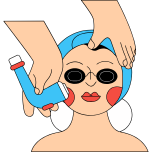 Hair Removal
Hair Removal Movies
Movies Personal Finance
Personal Finance Websites
Websites
